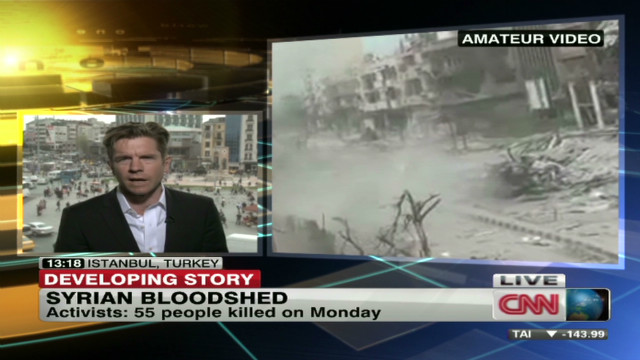
United States Secretary of State Hillary Rodham Clinton has threatenedsanctions against Pakistan if Pakistan would continue progress on Pak-Iran gas pipeline project.
While giving statement in front of Congress Hillary Clinton said that the being mounted against Iran by imposing sanctions and siege is being tightened against Tehran.


















